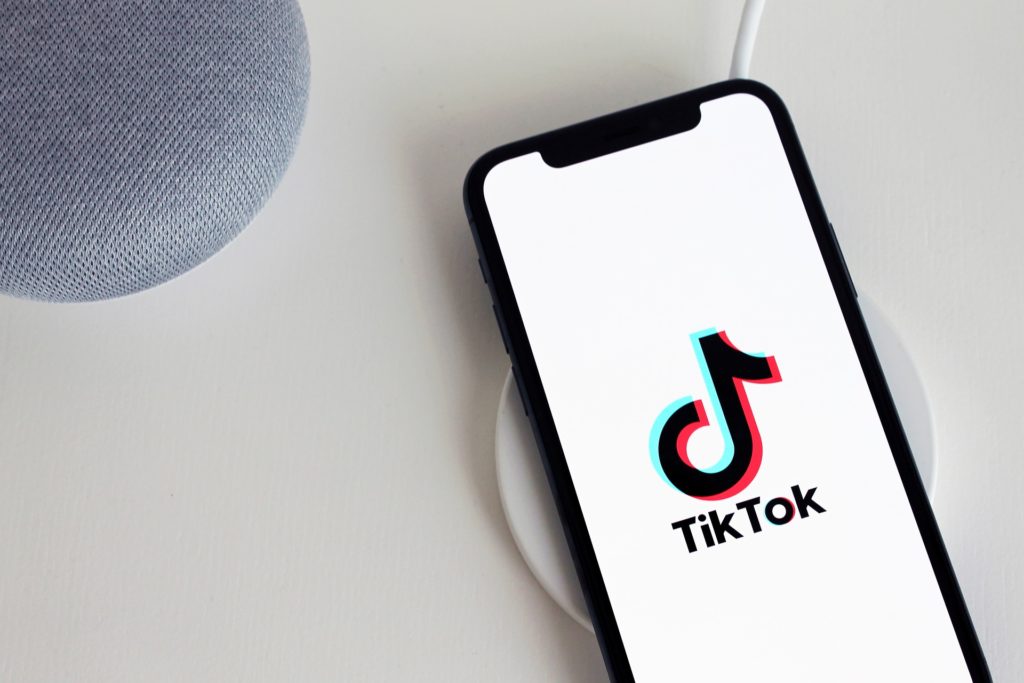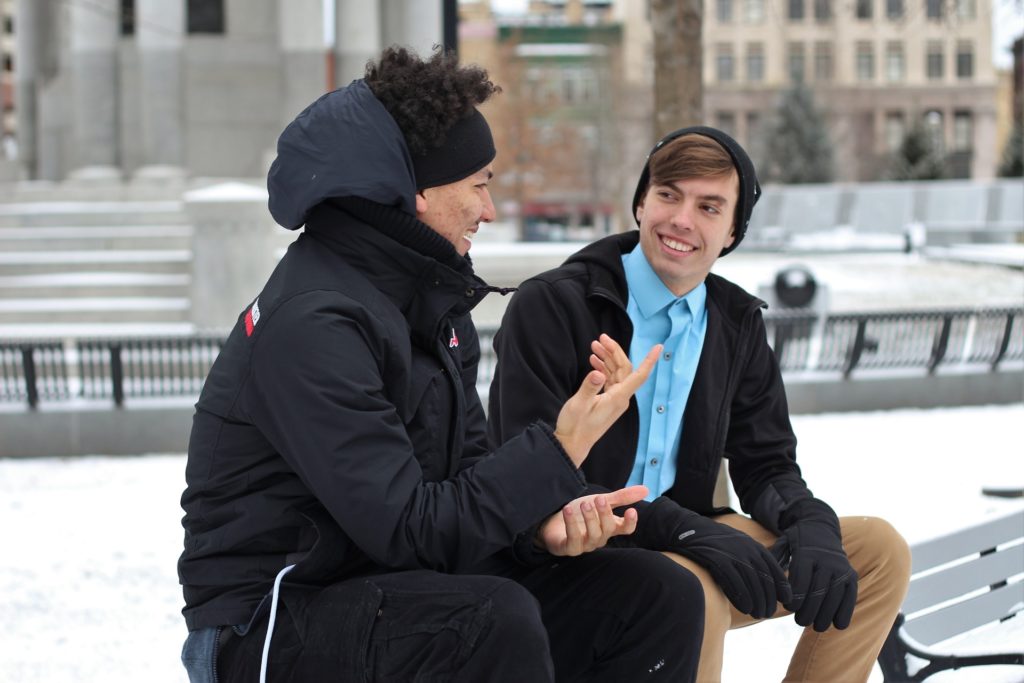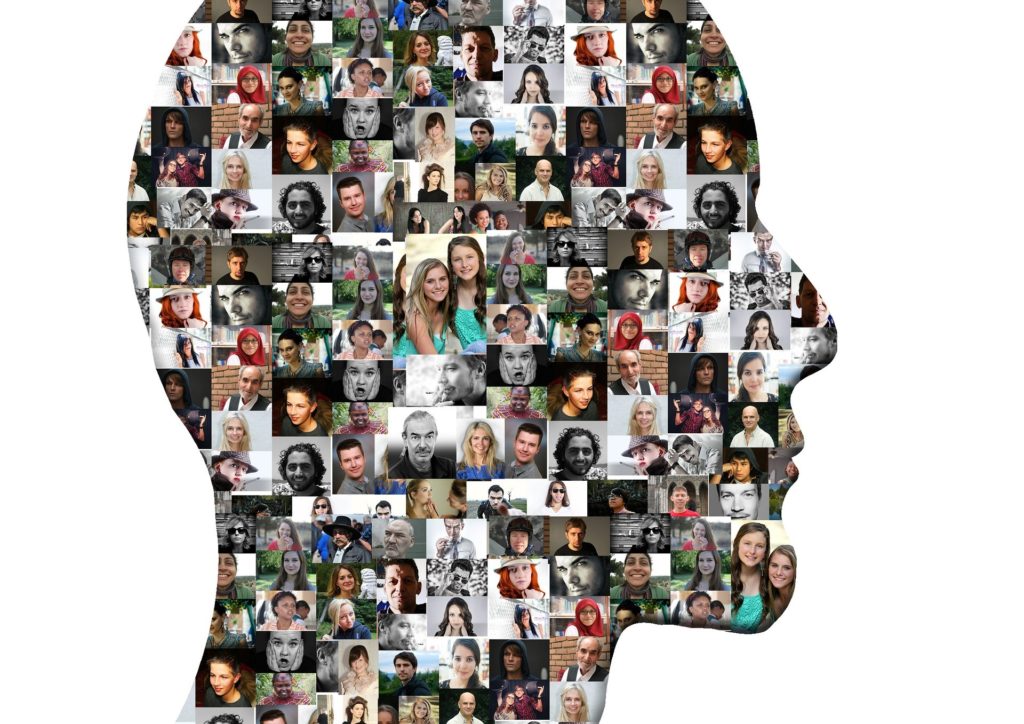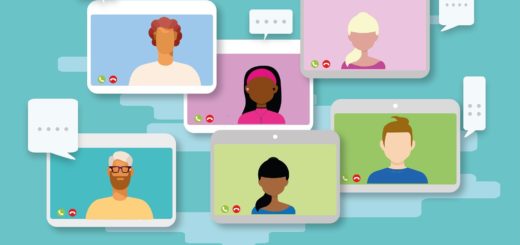The Unexpected Social Benefits of TikTok – Part 2

This is Part 2 of the blog series discussing the surprising benefits of TikTok on society. If you are unfamiliar with what TikTok is and/or how it works, check out Part 1 for an explanation. If you want to read more on the subject, check out Part 3.
Disclaimer: My impressions of TikTok have largely been formulated based off of my own FYP, which as explained in Part 1 is uniquely customized to what I like to see. Therefore, many readers may have a different TikTok experience if their FYPs look significantly different from mine. However, I believe most people will have at least some experience with the concepts I talk about below.
3. Dynamic Social Commentary
One of the most valuable benefits of TikTok is the social commentary it makes possible and the conversations it creates. People make videos to share their thoughts on a particular subject, situation, event, etc. Then, other people can comment their thoughts and reactions on the video and if they have particularly strong feelings about it, they can “Stitch” or “Duet” it to create a video reaction and express their thoughts in more depth. This format creates many interesting discussions on various topics that are relevant to today’s society in areas such as politics, gender dynamics, rights of marginalized communities, injustices, corruption, and many others. I can’t count the number of times that the phrase “I saw a TikTok that said…” has been part of a conversation I’ve had in the real world and has contributed a unique and valuable perspective.
If a particular video is very controversial or if it resonates with many people, then it and its “Stitches” and “Duets” spread to more and more people around the world, eventually showing thousands or even millions that this is a hot topic and exposing them to various perspectives on it. And in the comments of each video, the conversation carries on. The amount of likes a particular comment gets and which comments are at the top further communicates to viewers which perspectives are most popular and leads to continued discussion. TikTok invites everybody and anybody to join important conversations and have their voices heard in a public forum.

It doesn’t matter who you are or where you come from – if you say something in a way that makes sense, is well expressed, and which resonates with enough people, your thoughts and perspectives will spread. TikTok lowers the barriers that have previously silenced millions of important voices and allows their perspectives to reach the eyes and ears of people around the world. This helps to encourage important critical analysis of the subjects that affect all our lives, stimulate engagement with these topics, and for many triggers a motivation to speak out against and change things they find unjust. Such discussions are at the root of change and progress and a forum that encourages them is very important in a progressive and free society. In the past, this forum for conversation was a local one – the neighborhood pub or coffee shop. Now, it is online and it is bigger and more far-reaching than ever before.
4. Demanding Accountability and Changing What is “Cool”
Since TikTok is a video platform that favors videos where people show their faces (because this is what users like to watch, so such videos are boosted by the algorithm), it is not as easy to hide behind anonymity when sharing thoughts or opinions like it is on other platforms. If you want to express a belief that will get a lot of views and thus reach the global TikTok community, then you have to face the camera and say it directly. By doing so, you are also putting yourself in a position to be held accountable for it. Because it is an interactive platform, the act of sharing an opinion invites feedback. If you express a stance that spreads hate or discrimination or misinformation, then others will respond, calling you out. You will see how various kinds of people react to your opinion. Not only you, but others who share your point of view will see it too.

This open global conversation that everyone can participate in holds people accountable if they do/say cruel or unjust things. In the past, if you were a bully who hung out with other bullies or with people intimidated by you, saying something hurtful was met with support from your peers because the people you surrounded yourself with were yes-men who thought similarly to you. And it was often the case (unfortunately), those who were willing to hurt others often rose in the hierarchies of society, becoming popular, powerful and/or influential. Social media and TikTok in particular has upset this dynamic. Being mean is no longer cool.
Now, when you say/do something mean or unfair to get a laugh or for attention, you are not surrounded by yes-men who support it. You are surrounded by the reactions of people from various segments of society. What this manages to achieve can be quite powerful – it establishes a new criteria for what is acceptable and rewarded, and what is criticized and condemned. Before, the only opinions that really mattered were those of people in power/with popularity, but social media has torn down the hierarchy. The opinion of the “popular kids” no longer holds more weight than the opinion of the “weird kid”. In fact, as it turns out, there are many more “weird kids” in the world than popular kids, and in the age of social media, power lies in numbers – the number of views, likes and follows which the masses naturally wield simply because they are more.

Even famous people don’t have as much power and influence as they used to – celebrities are even sometimes sometimes made fun of on TikTok because their content tends to feel forced, cringey, uncreative, or motivated by self-promotion which the TikTok community frowns upon. TikTok has naturally grown into something very raw and sincere and TikTokers often fight to protect that quality. Sincerity, creativity and kindness have become king. Those who get the most attention on TikTok are usually average people who are funny, witty, talented, relatable and who manage to express in an entertaining way things that millions of viewers relate to and resonate with. In other words, the most popular accounts on TikTok are held by average citizens, or rather the best exemplars of average citizens. These citizens are a voice for the masses whose opinions and feelings have often been brushed off as unimportant. And what these TikTok “celebrities” (and their millions of followers) most often promote is fair treatment, kindness, justice and acceptance, because this is what the majority of people crave. So this is the new “cool.” And if someone doesn’t get with the program of what is the new cool, then they don’t benefit from popularity and success and often even face criticism and condemnation on the platform. In this way, TikTok is shaping the culture, and it is often doing so in a positive direction because everybody wants to be treated fairly and kindly, and on TikTok, that which everybody likes is what rises highest and what is rewarded.
5. Tells User What They Need to Hear
As mentioned earlier, TikTok shows users the kind of content that it thinks they will engage with based on other content they engage with. So if somebody hates something and likes/comments on videos of other people talking about hating that thing, they will be shown more video on the subject. Therefore, people who share an opinion on a particular video will likely be shown videos about that opinion by the TikTok algorithm, along with other videos responding to it. They will also be able to see how the community reacts to this perspective/behavior and will read what people think and say on the subject. If the global community on average tends to condemn the perspective/behavior for whatever reason, that will also become apparent to those who embody it once they see the video reactions and read the comments. Before, people surrounded themselves with others who held their beliefs and thus rarely heard or saw the opposing perspective. But when you only communicate with others who agree with you, your perspective is normalized and you are not exposed to counterarguments that might make you think critically about it. This hinders growth and development. TikTok opens the door to seeing a variety of perspectives, whether you agree with them or not.

People have criticized this point by saying that your social media feed is customized to reflect what you already think and like, thus keeping you in the same mindset and even reinforcing problematic outlooks. Facebook in particular has faced this criticism, especially regarding political opinions. However, TikTok works a little differently. While on Facebook there are groups that you can follow and the algorithm determines who you are and what you like partly based on these groups you are a member of (such as political party groups) and the interests you list, there are no groups or interest lists on TikTok, only individuals’ accounts. Additionally, the algorithm’s priority isn’t necessarily to show you what you like, but rather to keep you on the app as long as possible. That is sometimes achieved by showing you things that you don’t like or that you disagree with, because then you spend time in the comments arguing. If you comment on a video, TikTok’s algorithm marks that video as content you like to interact with and thus shows you more of that type of video (which can be on a subject that you actually disagree with). I often see videos about subjects I don’t like, simply because I have previously expressed my dislike of that subject in the comment section of similar videos. In this way, people are exposed to both things they agree with and disagree with, showing them conversations all across the spectrum of opinion. This serves to shake up people’s world view and by doing so increasing the chances of a perspective shift.
To read about further unexpected benefits of TikTok, check out Part 1 and Part 3.




Recent Comments